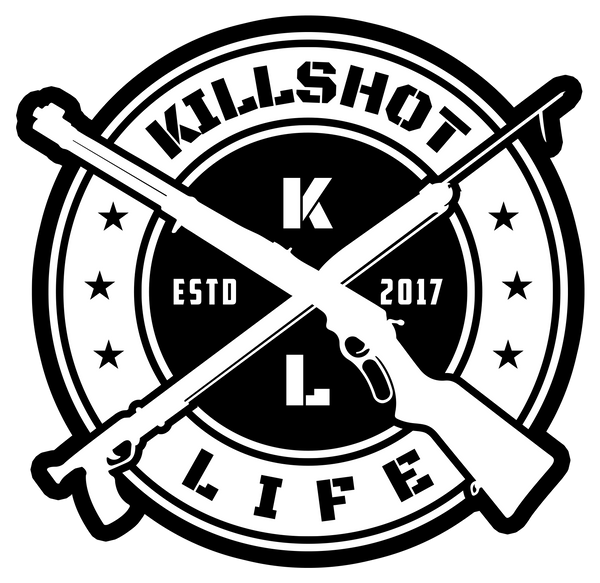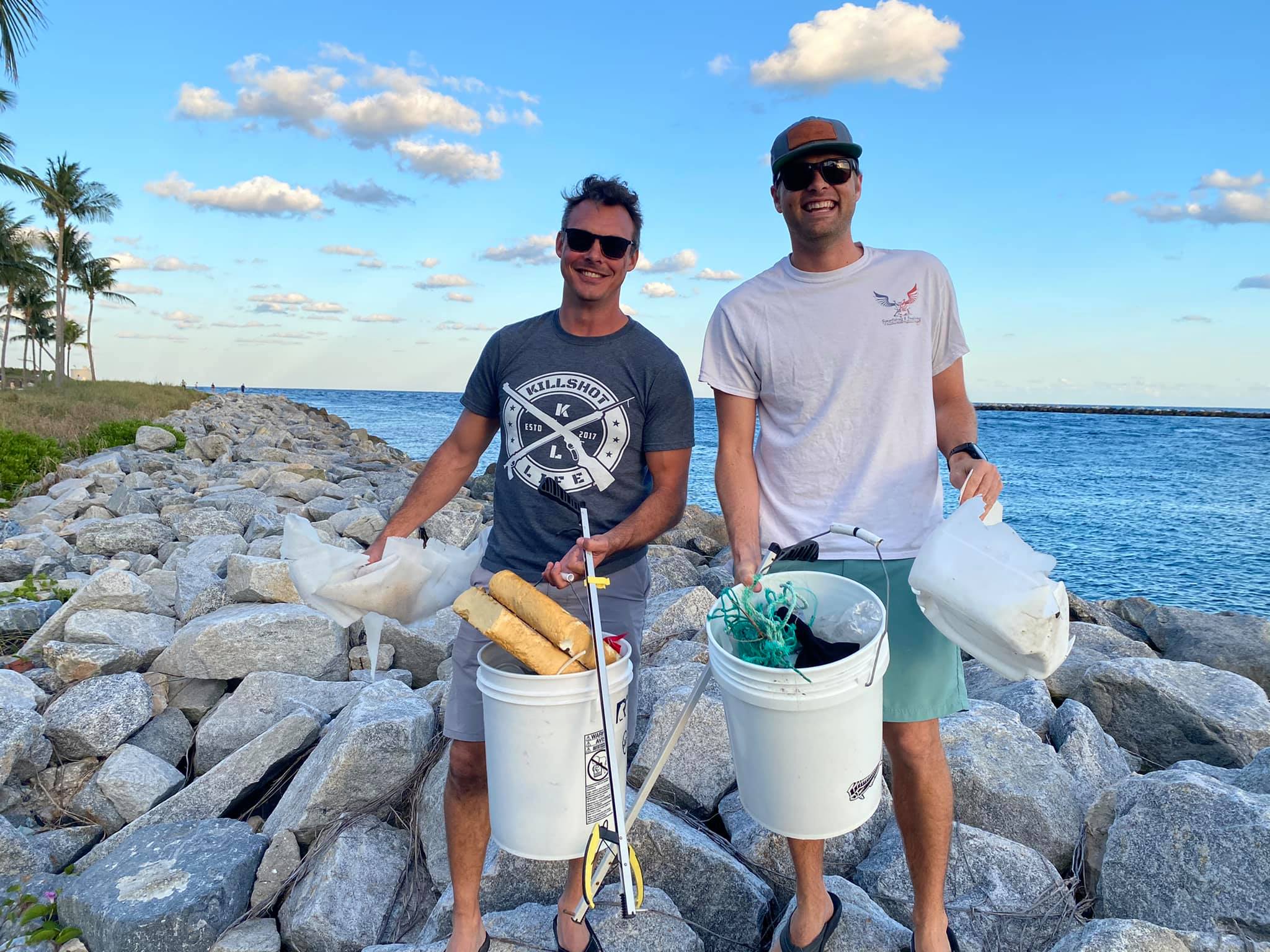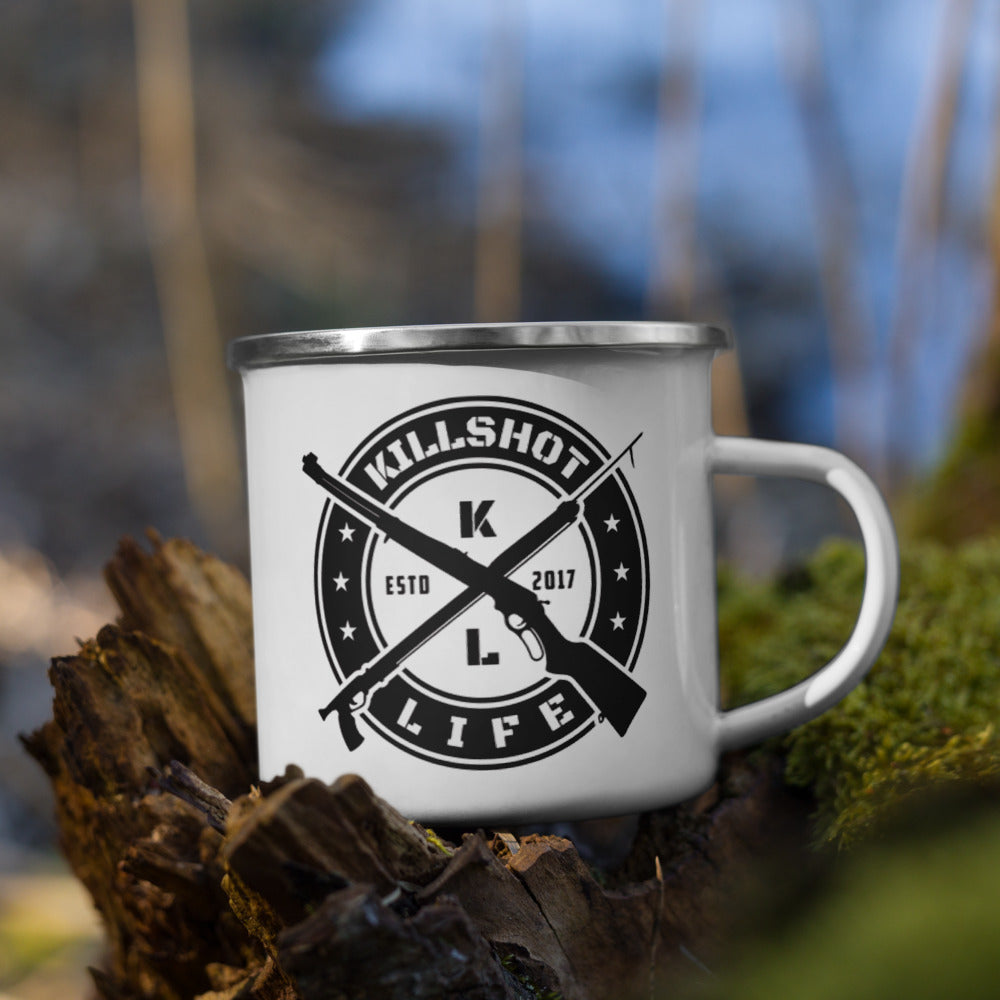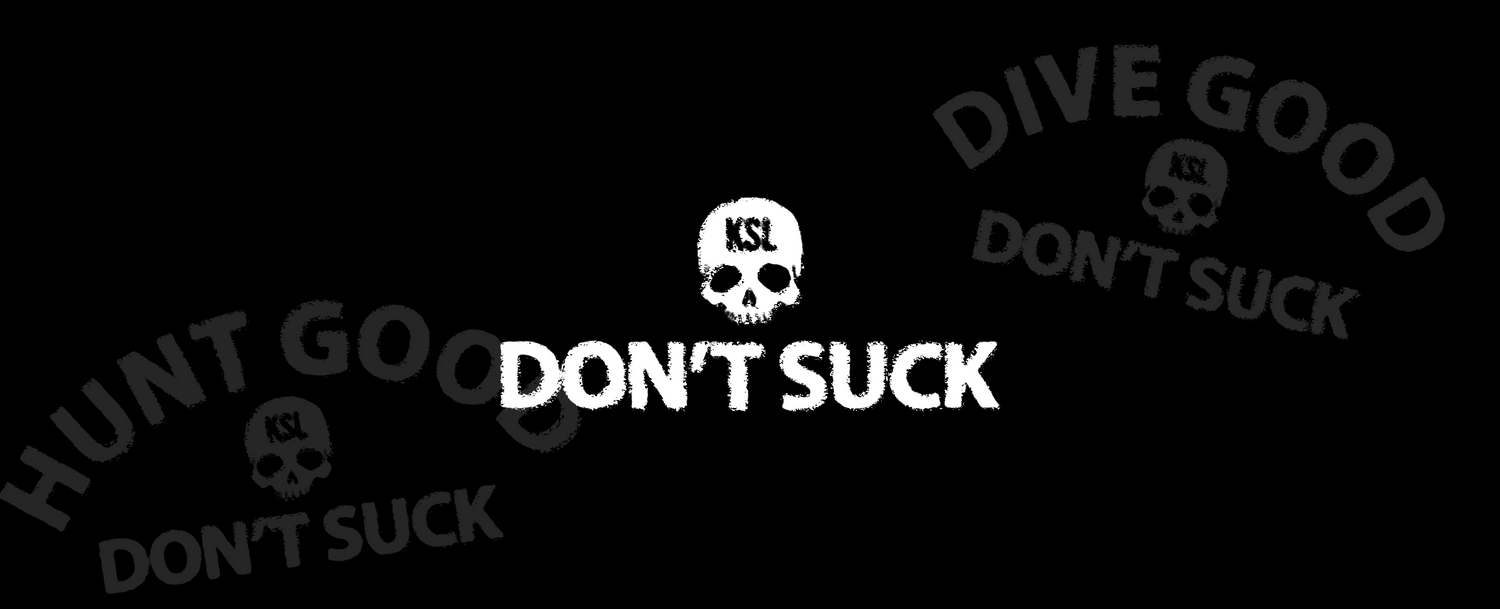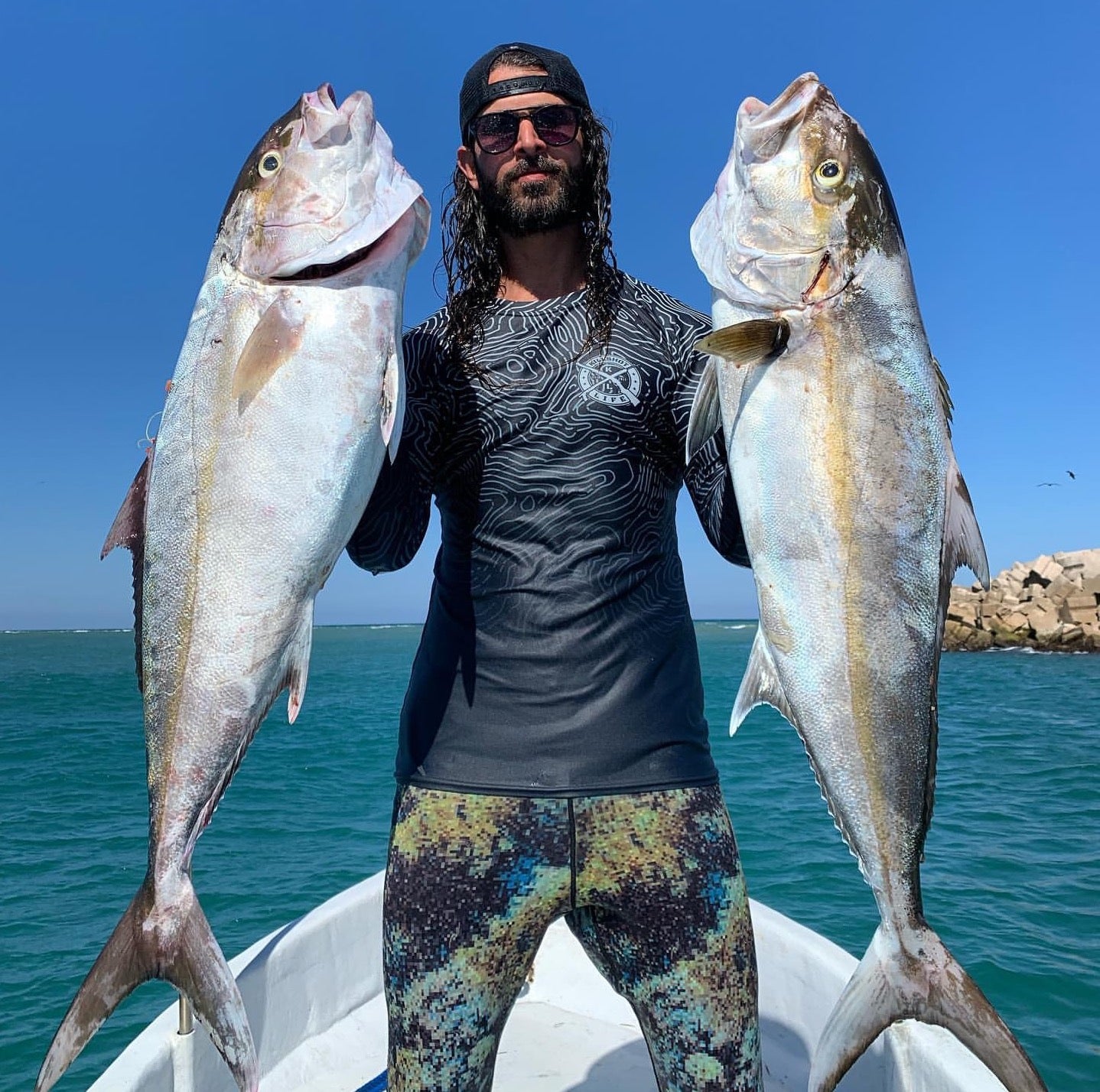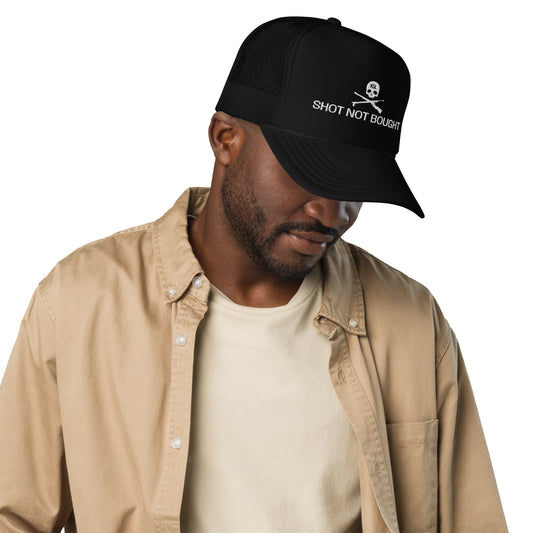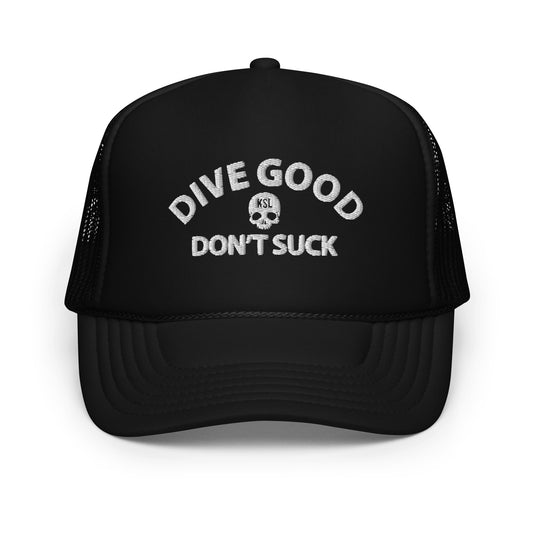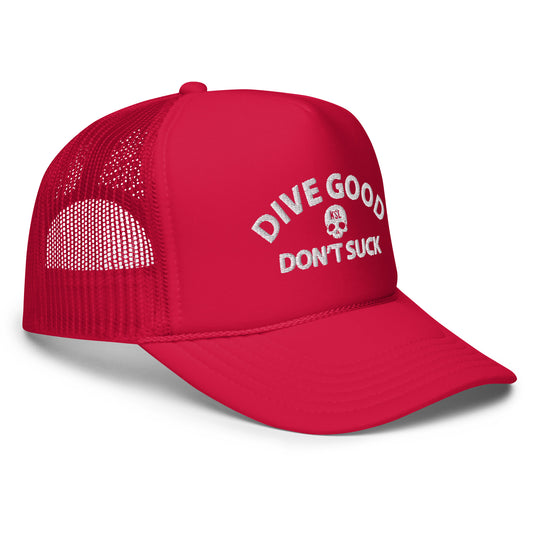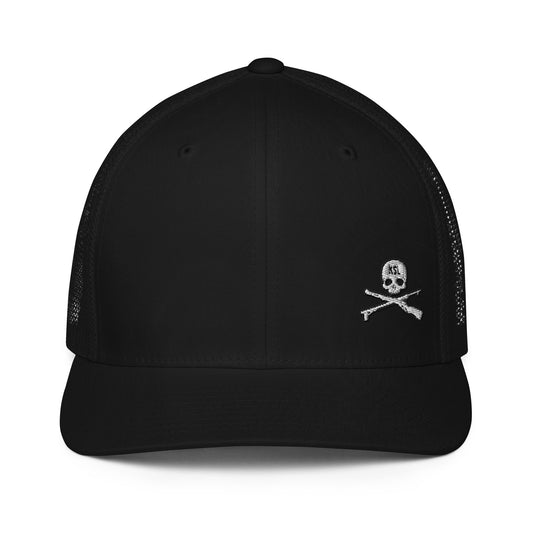The Unseen Cost of Veganism: The Reality of Crop Death and Ethical Eating
Share

The conversation surrounding ethical eating often pits veganism against omnivorous diets, with plant-based proponents arguing that avoiding animal products is the most humane choice. However, there’s an inconvenient truth that often goes unacknowledged: If you eat, something dies. Every single calorie consumed comes at the cost of life—whether it’s the direct, deliberate act of hunting or the widespread, indiscriminate destruction of small mammals, birds, and insects in agricultural fields. Life requires death, and true ethical eating is not about avoiding death altogether—it’s about taking responsibility for it.
The Hidden Death Toll of Plant-Based Agriculture
Many vegans choose their diet based on a desire to reduce harm to animals. The assumption is that by avoiding meat, dairy, and other animal-derived products, they are preventing unnecessary suffering. But what’s often overlooked is the massive scale of animal deaths caused by industrial agriculture. Large-scale crop production requires clearing vast swaths of land, displacing and killing countless animals in the process.
Consider the following:
Habitat Destruction: The expansion of farmland for crops such as soy, wheat, and corn means the eradication of entire ecosystems. Forests, grasslands, and wetlands are destroyed, displacing wildlife and eliminating countless species from their natural habitats.
Mechanical Harvesting: When combines and plows move through fields, they don’t just harvest crops—they also shred field mice, rabbits, snakes, and countless other small creatures that live among the plants. According to a study published in Agriculture, Ecosystems & Environment, approximately 52% of small mammal populations in agricultural fields are killed annually due to mechanical harvesting processes.
Pesticides and Rodenticides: Large-scale farming operations depend on chemical deterrents to protect crops from insects and rodents. These poisons don’t just kill pests—they also harm unintended targets, including birds of prey, foxes, and other scavengers that consume the poisoned animals. Studies have estimated that pesticide use contributes to the deaths of over 7 billion birds and trillions of insects annually (Journal of Applied Ecology).
Soil Disruption: Tilling the land destroys the homes of countless insects, worms, and microorganisms, altering ecosystems and diminishing biodiversity. A report by the Food and Agriculture Organization (FAO) estimates that agricultural activities cause a significant decline in soil biodiversity, leading to a 24% reduction in soil organism populations over time.
When taken as a whole, the number of deaths attributed to plant-based agriculture is staggering. While many vegans may never see the direct impact of these casualties, they are no less real than the death of a deer, a fish, or a wild boar taken by a hunter.
Ethical Eating: Taking Responsibility for Death
If eating inevitably results in death, the question we should be asking is not how to eliminate it, but how to engage with it responsibly and ethically. This is where hunting—whether with a rifle or bow on land or with a speargun underwater—stands apart from industrialized agriculture.
The Ethics of Hunting
Hunting provides a way to source food with minimal impact, ensuring that every death is purposeful and understood. Here’s why hunting is an ethical alternative to the industrial food system:
No Bycatch, No Collateral Damage: Unlike large-scale agriculture, which kills untold numbers of unintended animals, hunting results in one, specific, intentional death. A single deer provides meat for months, and a single fish can feed a family. There is no waste, no unnecessary suffering, and no destruction of entire ecosystems.
Connection to Food: When a hunter takes an animal, they are involved in every step of the process—tracking, harvesting, butchering, cooking, and eating. This direct connection fosters deep respect for the life taken, in stark contrast to the industrial food system, where meat is anonymized, pre-packaged, and far removed from its origins.
Sustainable Population Management: Ethical hunters work within conservation guidelines designed to maintain balanced ecosystems. Many species, such as deer and wild boar, require population control to prevent overgrazing and habitat destruction. Hunting serves as a necessary check, ensuring that animals live in healthy, sustainable numbers.
Zero-Waste Mindset: Traditional hunters use every part of the animal they harvest. Meat is consumed, bones are used for tools or broth, hides are turned into clothing or gear, and even organs are utilized in a way that honors the animal’s life.
The Role of Spearfishing
Spearfishing, a method of hunting fish underwater using a speargun, is one of the most sustainable ways to harvest seafood. Unlike commercial fishing, which results in immense bycatch—unintended species caught and discarded, often dead—spearfishing allows for selective harvesting. A spearfisher only takes what they aim for, ensuring minimal environmental impact.
Additionally, spearfishing does not rely on destructive fishing practices like bottom trawling, which devastates marine ecosystems, or longlining, which kills sea turtles, sharks, and seabirds. When practiced responsibly, spearfishing is one of the most ethical and ecologically friendly ways to harvest protein from the ocean.
Conclusion: A Call for Ethical, Responsible Food Sourcing
The idea that a vegan diet is completely cruelty-free is a myth. The reality is that modern agriculture, even when plant-based, results in widespread and often unseen animal deaths. If we accept that death is an inevitable part of sustaining life, then the ethical choice is not to avoid it entirely, but to take responsibility for it.
Hunting—whether with a rifle, a bow, or a speargun—represents one of the most ethical ways to procure food. It ensures that every death is intentional, understood, and respected. It fosters a connection between the hunter and their meal, eliminating waste and promoting sustainable practices. In contrast to the industrial food system, which hides its destruction behind grocery store shelves and factory farms, hunting forces us to confront the reality of what it means to eat.
If we truly care about ethical eating, the goal should not be avoidance of death, but rather the pursuit of sustainability, responsibility, and respect for the lives that sustain us.
